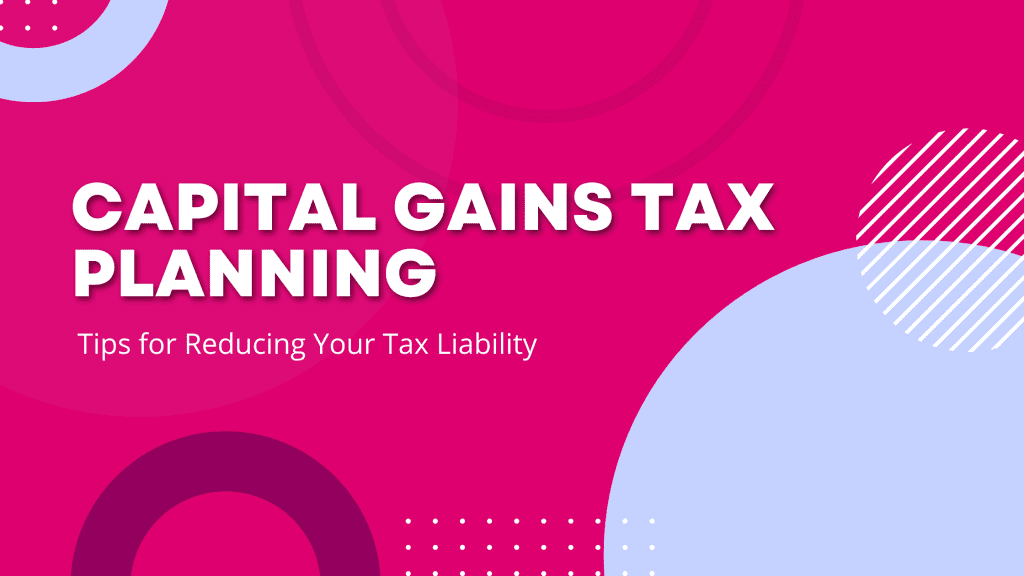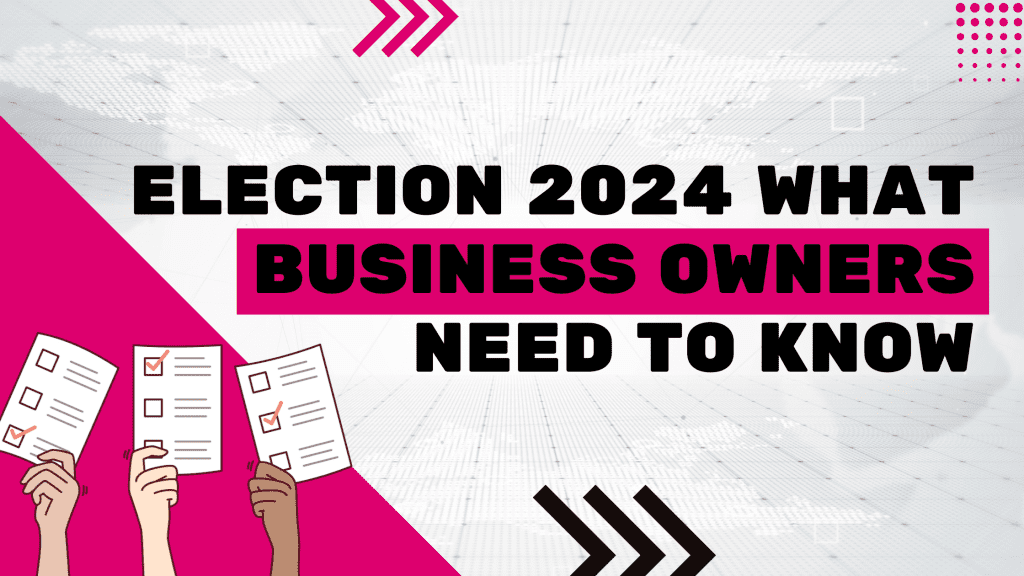
Capital Gains Tax Planning: Tips for Reducing Your Tax Liability Capital Gains Tax (CGT) is a tax on the profit…

Capital Gains Tax Planning: Tips for Reducing Your Tax Liability Capital Gains Tax (CGT) is a tax on the profit…

Election 2024: What Business Owners Need to Know As the 2024 election approaches, business owners across the UK are keen…

**Excerpt:**
Discover the power of R&D tax credits! These government incentives can significantly reduce your tax liability, making it easier to invest in innovation. Whether you’re developing new products, advancing technology, or improving processes, R&D tax credits can provide substantial financial benefits. Learn how your business can qualify and claim these credits to stay competitive and fuel growth. Don’t miss out on this opportunity to enhance your R&D efforts and secure a brighter future for your company.

I didn’t know that? This is a phrase we hear a lot, especially when someone sets up a limited company…